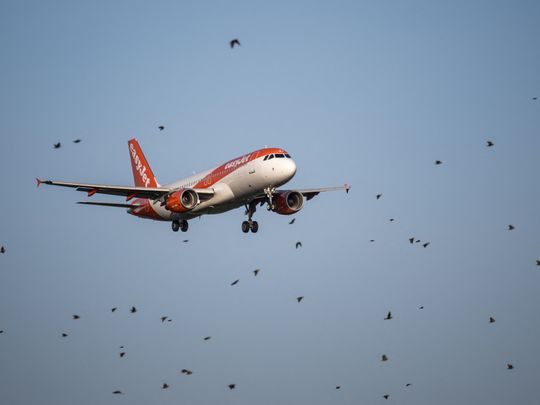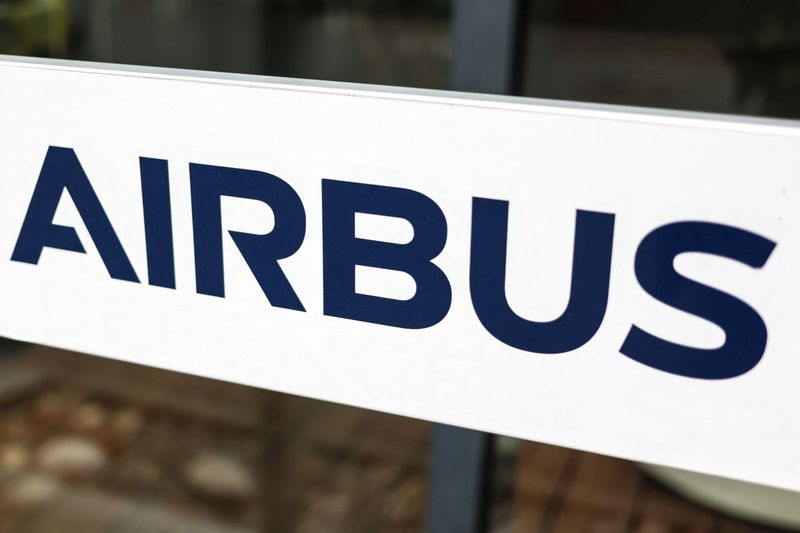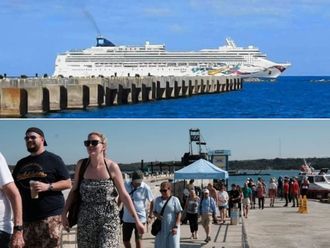
London: EasyJet placed the biggest aircraft order in the discount carrier’s history, potentially buying as many as 257 jets from Airbus in a commitment valued at almost $20 billion as it seeks to benefit from booming travel demand and get its hands on planes that are rapidly selling out.
The airline will buy an additional 157 Airbus A320neo jets, with an option to add 100 more, with deliveries running through 2034. The carrier is also converting 35 of its previously ordered A320neo into the larger A321neo as it looks to tap better economies of scale.
“It’s been known now for some time that there is a difficulty to get slots,” CEO Johan Lundgren said on a call with reporters. “We did a very thorough process as you can imagine. It’s taken over 12 months to get to the stage where we are today.”
With the new order, EasyJet will have a backlog of more than 300 Airbus jets. The company follows rival Ryanair Holdings in placing a massive purchase commitment this year as airlines seek to replace older planes. Airbus and rival Boeing have said they’re practically sold out for the remainder of the decade on their workhorse narrowbody airliners.
The carrier fell as much as 4.1 per cent in London, before erasing losses and trading unchanged. Airbus gained as much as 1.4 per cent in Paris.
Lundgren said the carrier also held discussions with Boeing about a deal. EasyJet now operates an all-Airbus fleet, and discount carriers generally prefer to operate planes from one manufacturer to keep training and maintenance costs low.
The purchase, which requires shareholder approval, will let EasyJet replace its remaining A319 aircraft, a smaller variant that’s no longer popular with airlines. The deal also allows the carrier to switch out about half of its older-generation A320ceo aircraft that have less fuel-efficient engines.

EasyJet said it’s in exclusive talks with CFM International, a General Electric and Safran joint venture, for engines to power the new planes.
The carrier expects capacity in the quarter that began October 1 to grow 15 per cent, saying ticket yields are ahead year on year. EasyJet expects to report a fiscal year profit before tax of between 440 million pounds and 460 million pounds, following a bumper summer.
Lundgren said he continues to see booking momentum in the winter, although EasyJet may need to stimulate demand with discounts outside of the peak school holidays, which he said was typical for the period.
The airline’s medium-term target is to reach pretax profit of more than 1 billion pounds, it said. The company also said it will reinstate its dividend payments, and intends to pay out 10 per cent of this year’s profit after tax in early 2024. It expects to increase payouts to 20 per cent of profit in next year.








